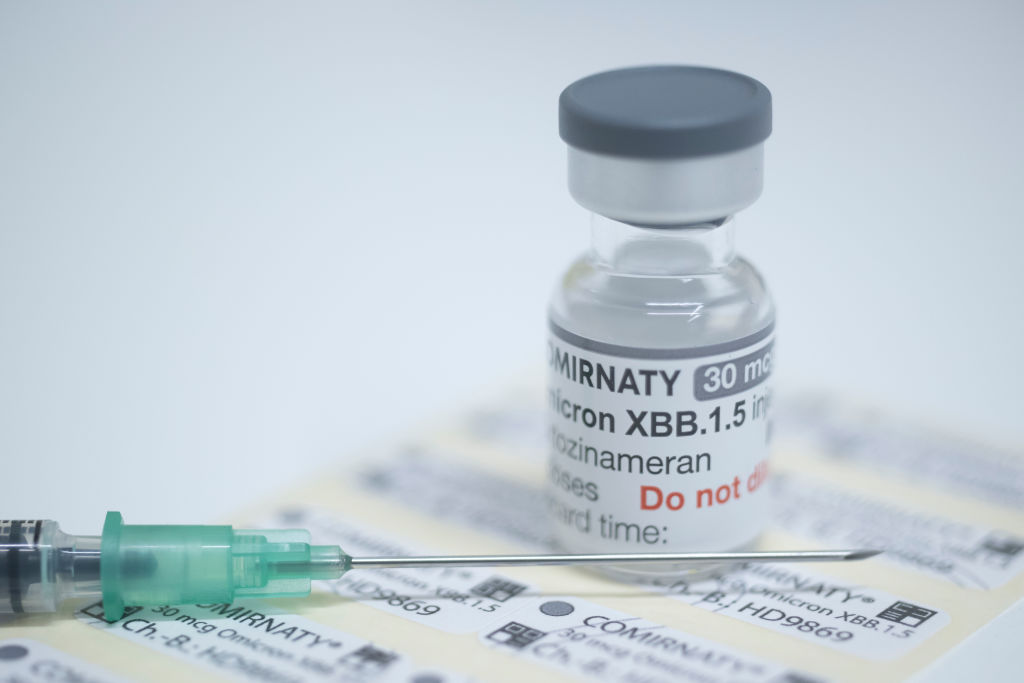
Every COVID-19 vaccine is a step behind the virus. In the time it takes companies to make the shot, SARS-CoV-2 is already busy mutating into different versions that can evade the immune response produced by it.
But even though the latest vaccine targets XBB.1.5, a variant no longer dominant in the U.S., it seems to be doing a decent job at warding off some of the emerging variants. In a study published on the preprint server bioRxiv, scientists led by Dr. David Ho, director of the Aaron Diamond AIDS Research Center at Columbia University, report that the vaccine can generate strong antibodies that can neutralize not just XBB but variants such as HV.1, which now accounts for 31% of U.S. infections, and HK.3, which contributes to half of new infections in Asia (and about 7% in the U.S.).
The team analyzed blood samples from 60 people with different COVID-19 infection and vaccination histories, representing real-world scenarios. All had four to five doses of mRNA vaccines—most recently, the bivalent BA.4/5 vaccine that was recommended before the new XBB.1.5 shot. One group had never had COVID-19 and received the XBB.1.5 booster. Another group recently recovered from an XBB infection and did not receive the XBB booster. The final group had previously been infected with an Omicron variant and did not receive the XBB.1.5 booster. Blood samples from these volunteers were pitted against lab-based versions of SARS-CoV-2 virus variants: the original, BA.5, XBB.1.5, and EG.5.1 (a variant that spread widely this fall). The samples were also tested against four emerging subvariants: HV.1, HK.3, JD.1.1, and JN.1.
More From TIME
The results suggest that the new XBB.1.5 vaccine helps generate antibodies against variants that the vaccine wasn’t specifically designed to target—namely HV.1, HK.3, JD.1.1, and JN.1. These antibody levels were 13 to 27 times higher in the blood of people who had never had COVID-19 but had an XBB.1.5 vaccine. They increased 10-fold among people with this new shot who had a prior Omicron infection. These responses were slightly lower than antibody levels generated against XBB.1.5, but still suggest that the latest vaccine can provide broader protection against a variety of variants.
That’s encouraging news as the battle between vaccines and the virus continues this season, and new variants that first appeared in other parts of the world make their way to the U.S. These new data support the need for people stay up to date on their vaccines so they can continue to be protected against new versions of the virus.
More Must-Reads From TIME
- The 100 Most Influential People of 2024
- Coco Gauff Is Playing for Herself Now
- Scenes From Pro-Palestinian Encampments Across U.S. Universities
- 6 Compliments That Land Every Time
- If You're Dating Right Now , You're Brave: Column
- The AI That Could Heal a Divided Internet
- Fallout Is a Brilliant Model for the Future of Video Game Adaptations
- Want Weekly Recs on What to Watch, Read, and More? Sign Up for Worth Your Time
Contact us at letters@time.com